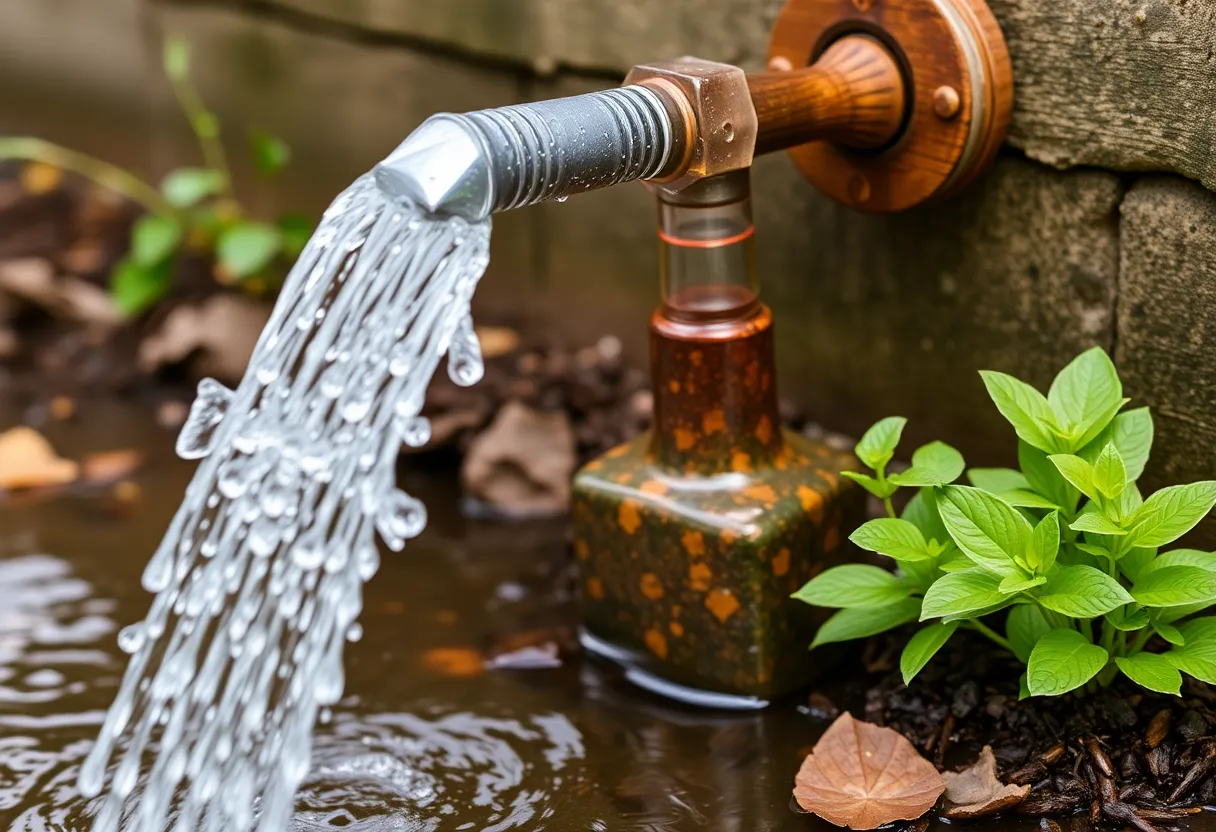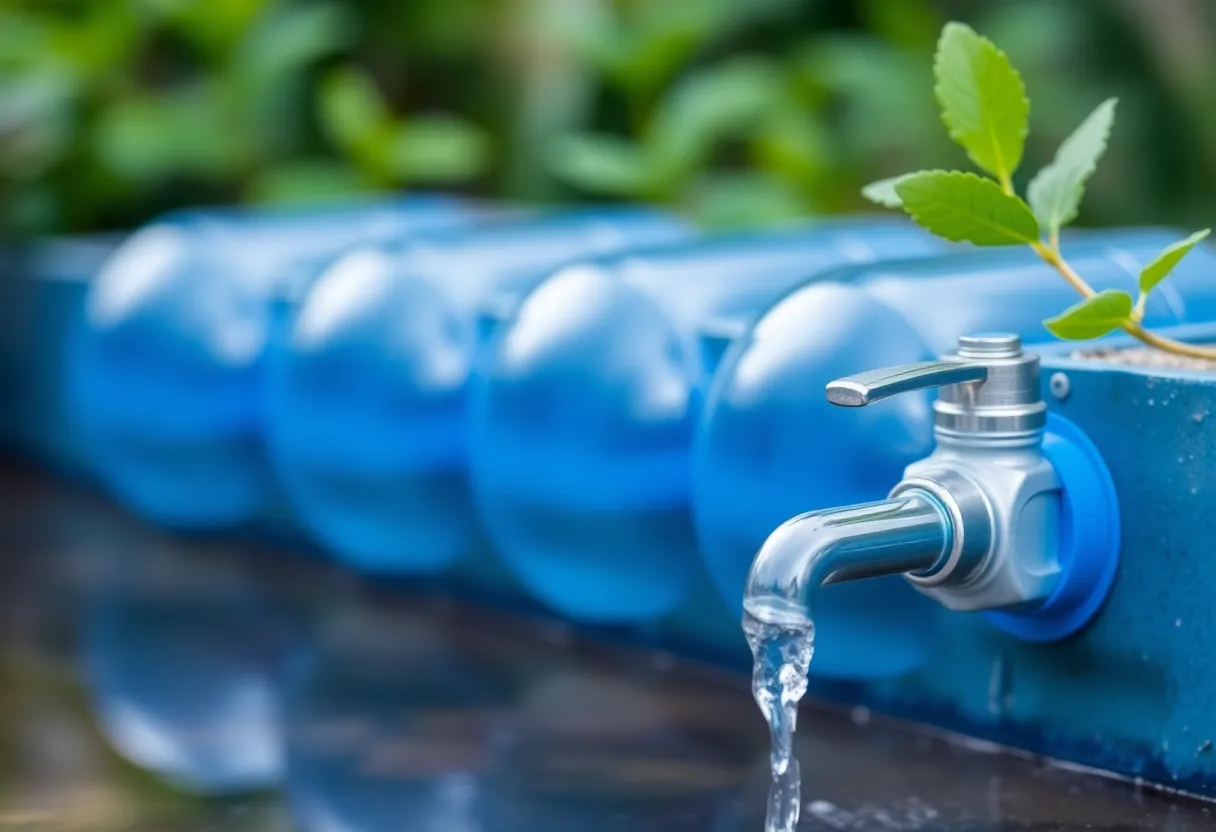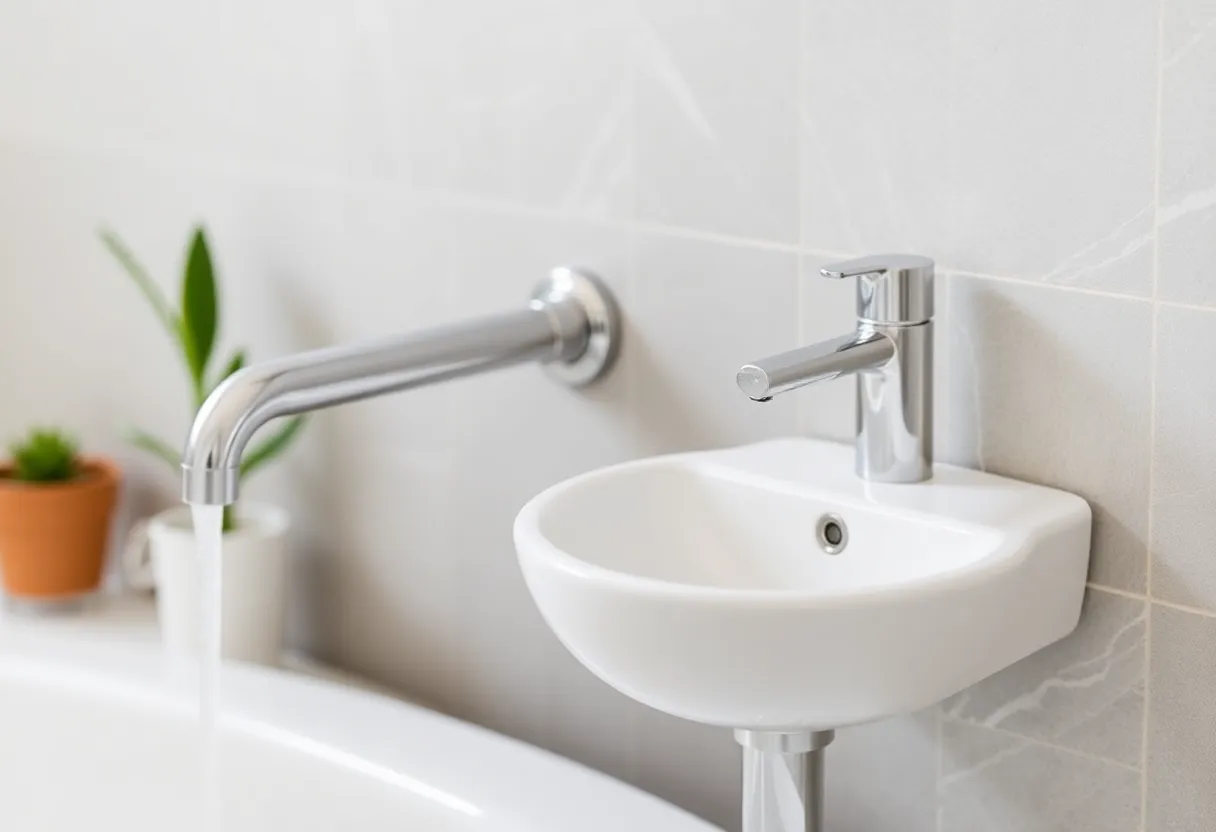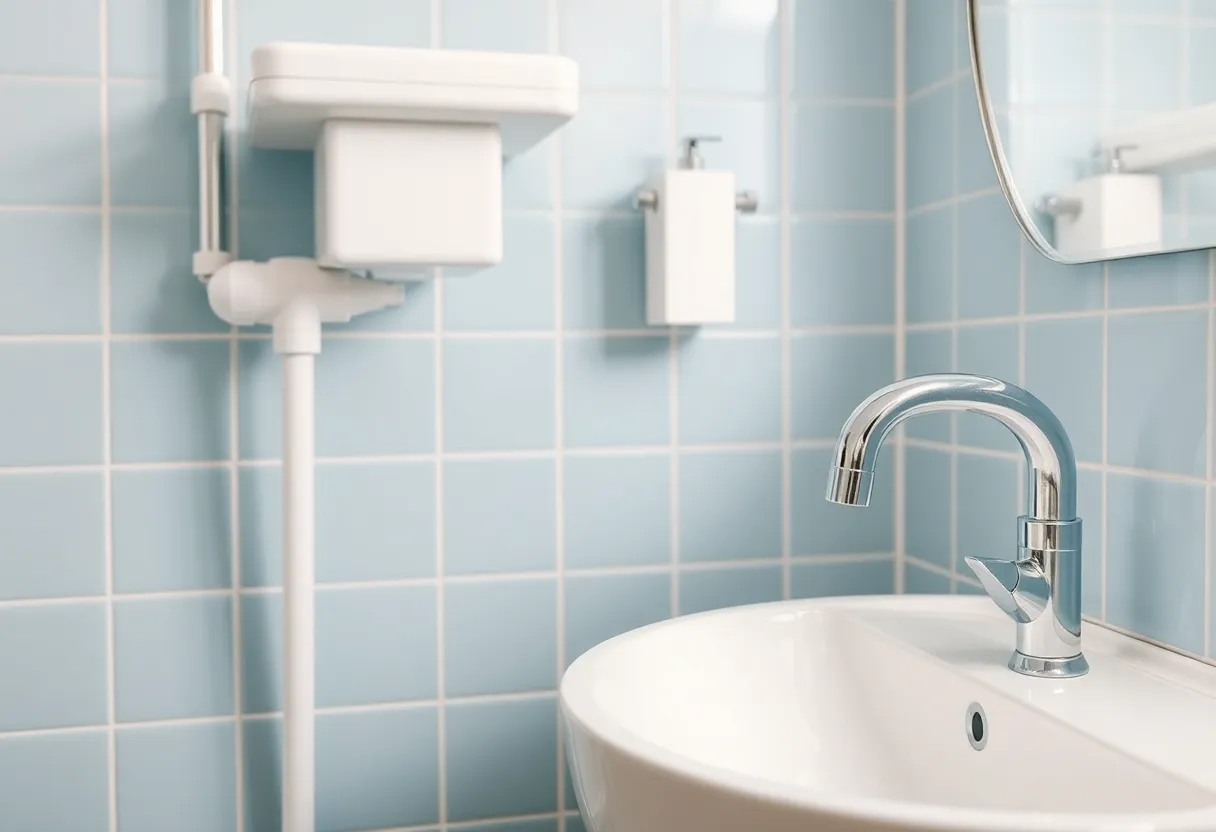Plumbing Pitfalls: 7 Surprising Household Habits That Are Sabotaging Your Home’s Water Efficiency
Water is one of our planet’s most valuable resources, and conserving it should be a priority for everyone. While your plumbing system might seem straightforward, _there are common household habits that can significantly undermine its efficiency_. By understanding these pitfalls and making slight adjustments, you can save water, lower your bills, and contribute positively to the environment.
1. Ignoring Leaks
It might seem insignificant, but minor leaks can drain water and money faster than you think. According to the Environmental Protection Agency, _leaky faucets can waste over 3,000 gallons of water annually_. If you notice a dripping faucet or showerhead, it may be time for some DIY repairs or a quick call to a plumber.
Recognizing Common Leak Signs
Look out for the following indicators of leaks in your home:
- Water stains on ceilings or walls
- Increased water bill without any explanation
- The sound of running water when all faucets are off
- Wet spots in your yard when there’s no rain
How to Fix Leaks
For minor leaks, replacing washers in faucets or tightening connections can usually do the trick. For more severe leaks, contacting a professional is essential. Handling leaks promptly will not only conserve water but also protect your home from extensive water damage.
2. Excessive Flushing of Toilets
Toilets are among the biggest water consumers in any household, with older models using up to _6 gallons of water per flush_. Many households resort to excessive flushing for *“just in case”* scenarios.
Consider These Alternatives
To improve toilet efficiency:
- Install water-efficient toilets, which use _1.6 gallons per flush_, effectively conserving water.
- Use a dual-flush mechanism that allows for a low-flow option for liquid waste.
- Only flush when necessary. Toilets shouldn’t be used as wastebaskets.
3. Using the Dishwasher Inefficiently
Many families feel tempted to wash a small load by hand instead of loading a full dishwasher. However, hand washing can consume _27% more water_ compared to running a full dishwasher cycle. Proper utilization of your dishwasher can be instrumental in conserving water.
Best Practices for Dishwashing
- Run the dishwasher only with a full load to maximize its efficiency.
- Choose the eco-friendly cycle if available, as it uses less water and energy.
- Avoid rinsing dishes before loading, as modern dishwashers are designed to handle residue without wasting extra water.
4. Not Adjusting Your Water Heater Temperature
Many homeowners overlook the temperature of their water heaters. A setting higher than _120°F_ not only risks burns but consumes more energy as well. Lower temperatures can improve the longevity of your water heater and conserve water.
Adjusting Your Water Heater
To adjust your water heater:
- Use a thermometer to check the temperature at the faucet. If it’s above _120°F_, consider lowering it.
- Consult your owner’s manual or a plumber for guidance if you’re unsure about the adjustment process.
- Regular maintenance of your water heater can ensure optimal performance and efficiency.
5. Overwatering Your Lawn and Gardens
Watering your lawn is essential, but overdoing it can lead to a lot of wasted water. Homeowners often overestimate how much their gardens need, leading to _unnecessary water usage_ and boosting your water bill.
Smart Watering Techniques
Consider these strategies to reduce water consumption:
- Water in the early morning or late evening when evaporation rates are lower.
- Use drip irrigation systems, which deliver water directly to the plant roots, conserving water.
- Pay attention to weather conditions and refrain from watering during rainy periods.
6. Quick Showers vs. Long Baths
While hot baths might be relaxing, they often consume a large amount of water. Typically, a full bath can use up to _70 gallons of water_ while a 10-minute shower can be done in approximately _20 gallons_. However, if you tend to linger in the shower, that can quickly change.
Reducing Shower Water Usage
To maintain efficiency without sacrificing your shower time:
- Install low-flow showerheads to reduce flow rates while still enjoying a comfortable shower.
- Set a timer for your shower. Challenge yourself to complete your shower in lesser time.
- Consider skipping a shower after workouts if you can rinse off with just a washcloth.
7. Ignoring Outdoor Spigots
Outdoor spigots play a vital role when it comes to watering plants, filling pools, or washing cars. However, neglect can lead to wasted water or inefficient use. Many homeowners forget to turn off the spigot after use or let hoses run excessively.
Outdoor Water Efficiency Tips
For better outdoor water management, consider the following:
- Use a timer for your outdoor spigots for lawn and garden watering.
- Check hoses and connections for leaks regularly.
- Utilize a broom instead of a hose for car washing or driveway cleaning whenever possible.
Conclusion
Water efficiency in your home is crucial for conserving our most precious resource and reducing utility bills. By examining these seven surprising habits, you can make impactful changes to improve your household’s water usage. Whether it’s fixing small leaks or tweaking your watering routines, every little bit counts!
FAQs
What are the signs of leaks in a home?
Look out for water stains on ceilings or walls, increased water bill without any explanation, the sound of running water when all faucets are off, and wet spots in your yard when there’s no rain.
How does flushing toilets excessively affect water efficiency?
Toilets are among the biggest water consumers in any household, with older models using up to 6 gallons of water per flush. Excessive flushing can lead to unnecessary water waste.
Is it more water-efficient to run a dishwasher or wash dishes by hand?
Running a full dishwasher is generally more water-efficient. Hand washing can consume 27% more water compared to a full dishwasher cycle.
What temperature should I set my water heater for efficiency?
A temperature higher than 120°F not only risks burns but consumes more energy as well. Lower temperatures can improve longevity and conserve water.
What are some ways to prevent overwatering lawns and gardens?
Watering in the early morning or late evening when evaporation rates are lower, using drip irrigation systems, and checking weather conditions can help reduce overwatering.
How can I reduce my shower water usage?
Installing low-flow showerheads, setting a shower timer, and rinsing off with just a washcloth instead of taking a full shower can help conserve water.
Why are outdoor spigots important for water efficiency?
Outdoor spigots play a vital role for watering plants, filling pools, or washing cars. Neglecting them can lead to wasted water or inefficient use.









